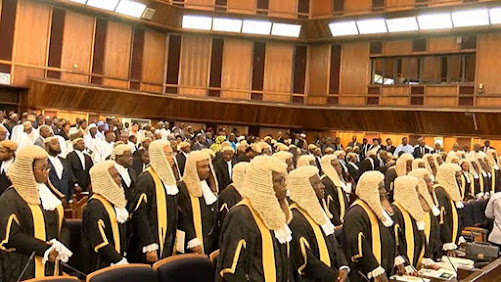By Tonnie Iredia
From 2009 when insurgency reared its ugly head in the Northeast of Nigeria till today, it has been killings, killings and killings in Africa’s most populous nation. Authentic figures of how many citizens have since died or suffered from traumatic kidnapping are unknown. What is not in dispute however is that insecurity is now topmost in the nation’s current record of events.
The only other phenomenon of significance that is at par with the exceedingly high degree of insecurity is the rapid growth of the nation’s contaminated democracy. Many people actually attribute the unacceptable situation to the political class hence, voters quickly lined up behind candidate Muhammadu Buhari during the 2015 elections believing that the former stringent military ruler would naturally tackle insurgency headlong.




















